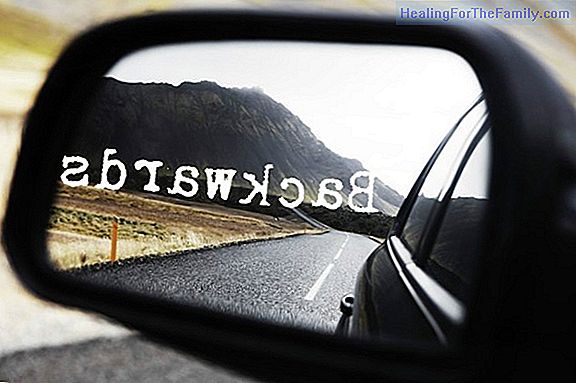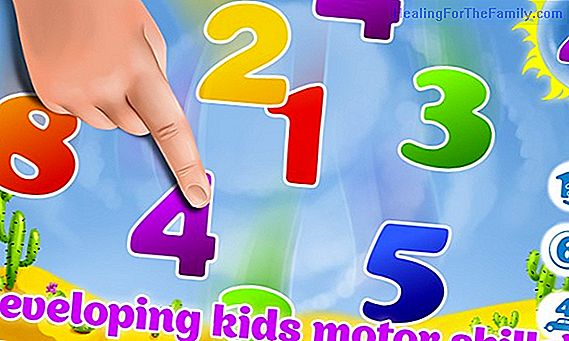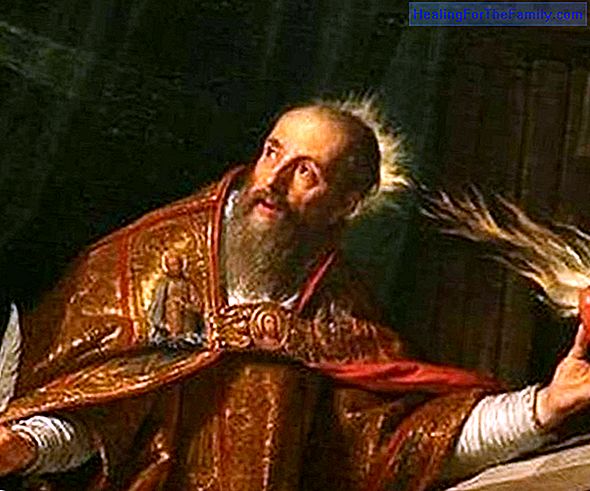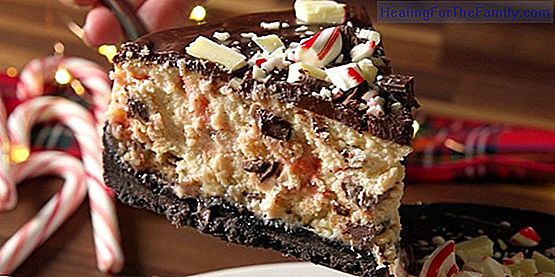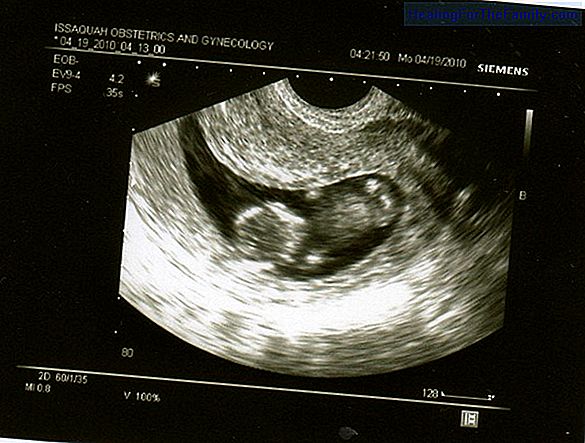Origin and history of Easter eggs
Holy Sunday is one of the days of the year when more chocolate is consumed, in particular chocolate eggs . Where does this tradition come from? The Easter egg, since the beginning of humanity, has been synonymous with fertility, hope and rebirth. In Egyptian mythology, the egg reached importance whe
Holy Sunday is one of the days of the year when more chocolate is consumed, in particular chocolate eggs. Where does this tradition come from? The Easter egg, since the beginning of humanity, has been synonymous with fertility, hope and rebirth.
In Egyptian mythology, the egg reached importance when the Phoenix bird burned in its nest and was reborn later, from the egg that had created it in the beginning. The Hindus also argued that the world was born from an egg.
Easter eggs at Easter
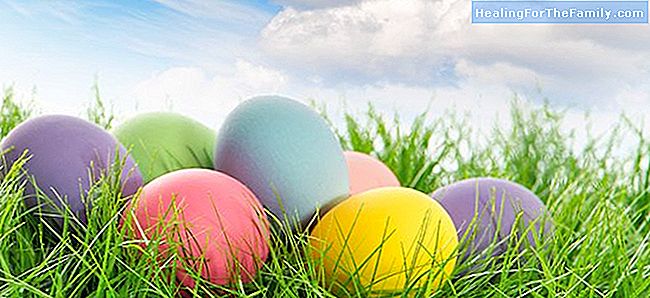
The tradition of giving chocolate eggs at Easter is deeply rooted in countries such as the United States, England and some Central European countries.
In the dawn of the Middle Ages, during the celebrations huevos chicken eggs or duck eggs were given to children . Christians adopted that tradition and, probably, the prohibition of eating eggs during 46 days of penance (Lent), decreed by the Church in the ninth century, was what made its consumption so popular as soon as Easter began.The eggs were kept during the forbidden days
, and when this fasting stage was finished, they were given to each other. To keep and keep the eggs fresh, they bathed in a thin layer of liquid wax, thus creating the habit of coloring and decorating them to give them later.At the beginning of the 19th century, in Europe, Germans, Italians and Frenchmen began to make chocolate-based eggs, which contained gifts inside. The harsh practices of penance and fasting softened over time, but the tradition of celebrating Easter eating and giving away eggs still lingers.
The rabbit was associated with this tradition of Easter eggs, since since ancient times it has been a symbol of fertility and celebrations were held for this goddess at the beginning of spring, the date on which Easter is celebrated. In addition, according to tradition, a rabbit was locked in the tomb next to Jesus and witnessed his resurrection.
Nowadays parents hide eggs in the garden of the house and children have to pick them up on Easter Sunday and deposit them in baskets. A party that children wait with anxiety and enjoy to the fullest.

